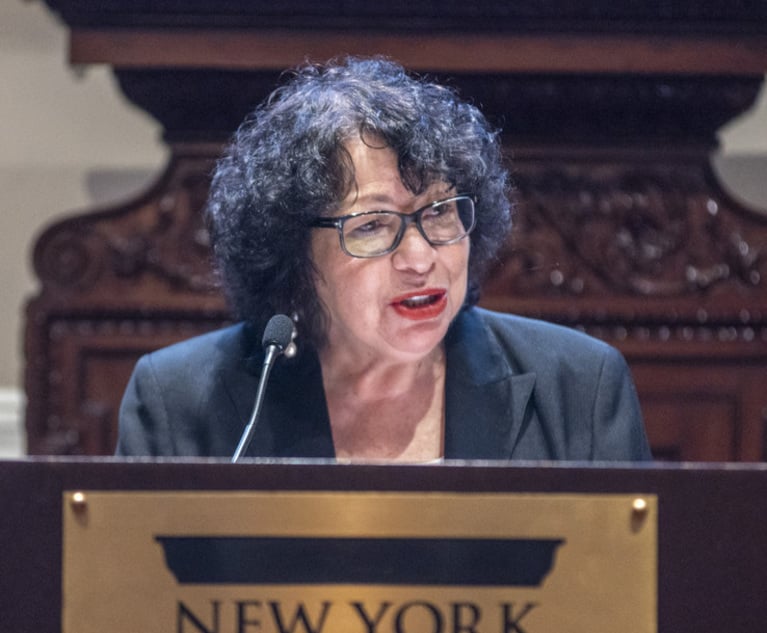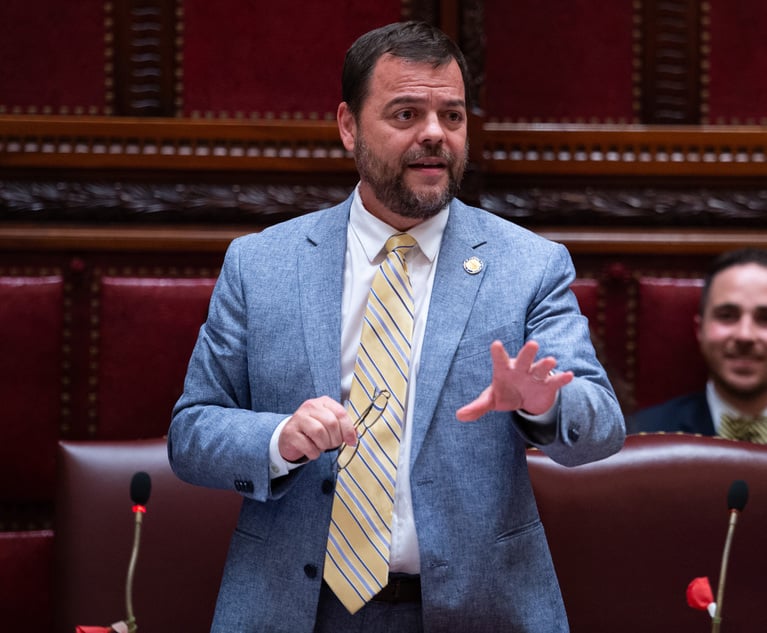In this article we examine the New York State Bar Association’s latest effort to address whether New York law firms can be owned by and New York lawyers can work for firms owned by nonlawyers.
In the article in this column on September 30 titled Lawyer Ownership of Alternative Business Structures: A Tiny Step Towards the Future we examined Formal Opinion 499 issued by the American Bar Association’s Standing Committee on Ethics and Professional Responsibility (Opinion 499). The title of the Opinion is “Passive Investment in Alternative Business Structures,” and we noted that the crux of that Opinion is that a lawyer practicing under the standard version of Rule 5.4 who makes a passive investment does not, by virtue of the investment, violate that Rule. We pointed out that Rule 5.4 “prohibits a lawyer or law firm from sharing legal fees with a nonlawyer, forming a partnership with a nonlawyer (if any of the activities of the partnership consist of the practice of law), and practicing in a business structure in which a nonlawyer owns any interest in the business or serves as a corporate director or officer.” The ABA Opinion also notes that this rule “has been adopted in nearly every U.S. jurisdiction; to date only Arizona, the District of Columbia, and Utah have modified their jurisdiction’s Rule 5.4 to permit business structures that allow nonlawyer ownership of law firms and the sharing of legal fees with nonlawyers.” Washington, D.C. permits nonlawyers such as lobbyists to be partners in and share profits of law firms. Utah has launched a legal regulatory “sandbox” project enabling entities that obtain court approval to include nonlawyer owners in firms providing legal services. And, in 2021 Arizona eliminated Rule 5.4 altogether, substituting a system in which Arizona law firms that include nonlawyer owners or investors may be certified by the Arizona Supreme Court as “alternative business structures” (ABS). In addition, England has had an active and successful ABS system in place for almost 10 years with several hundred businesses accredited in that way, with virtually no complaints from the public or the profession. And Australia has had a parallel structure in place for even longer.


 Anthony E. Davis
Anthony E. Davis




